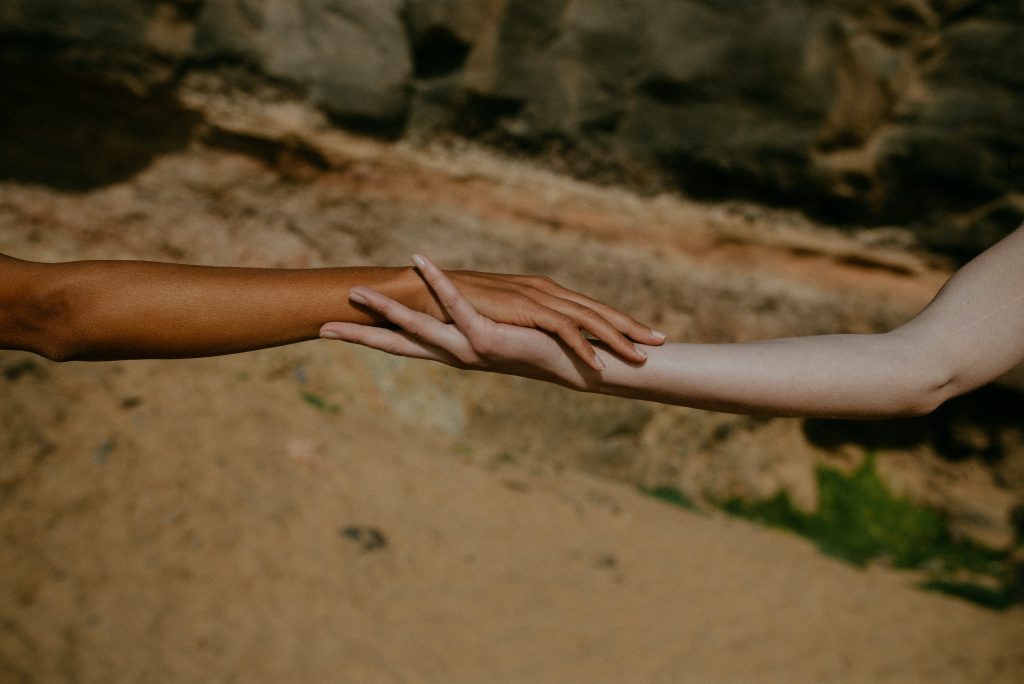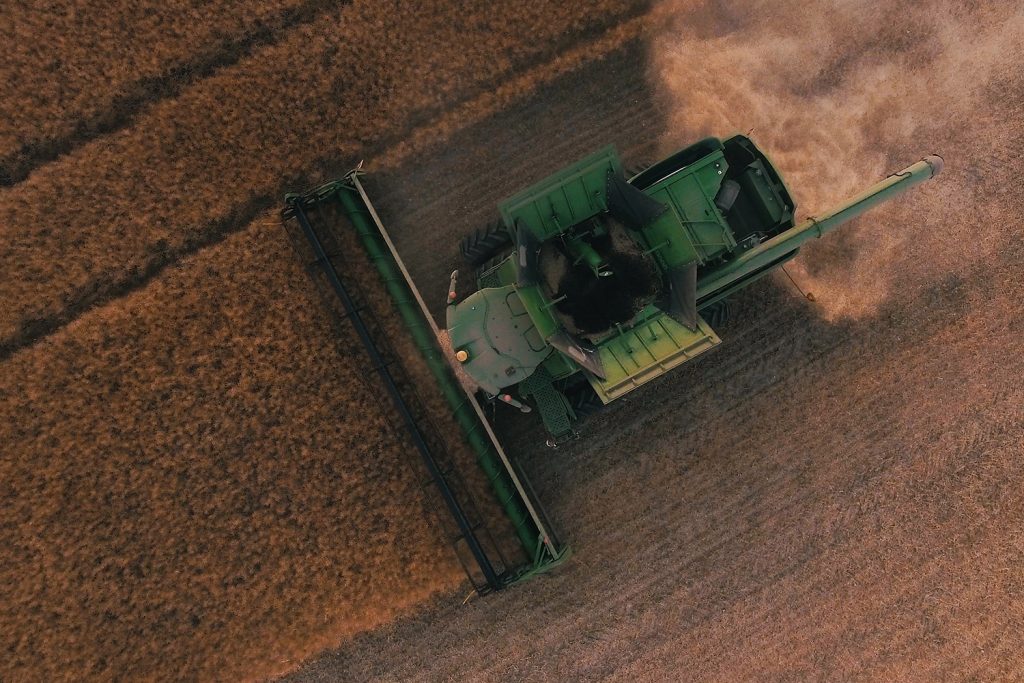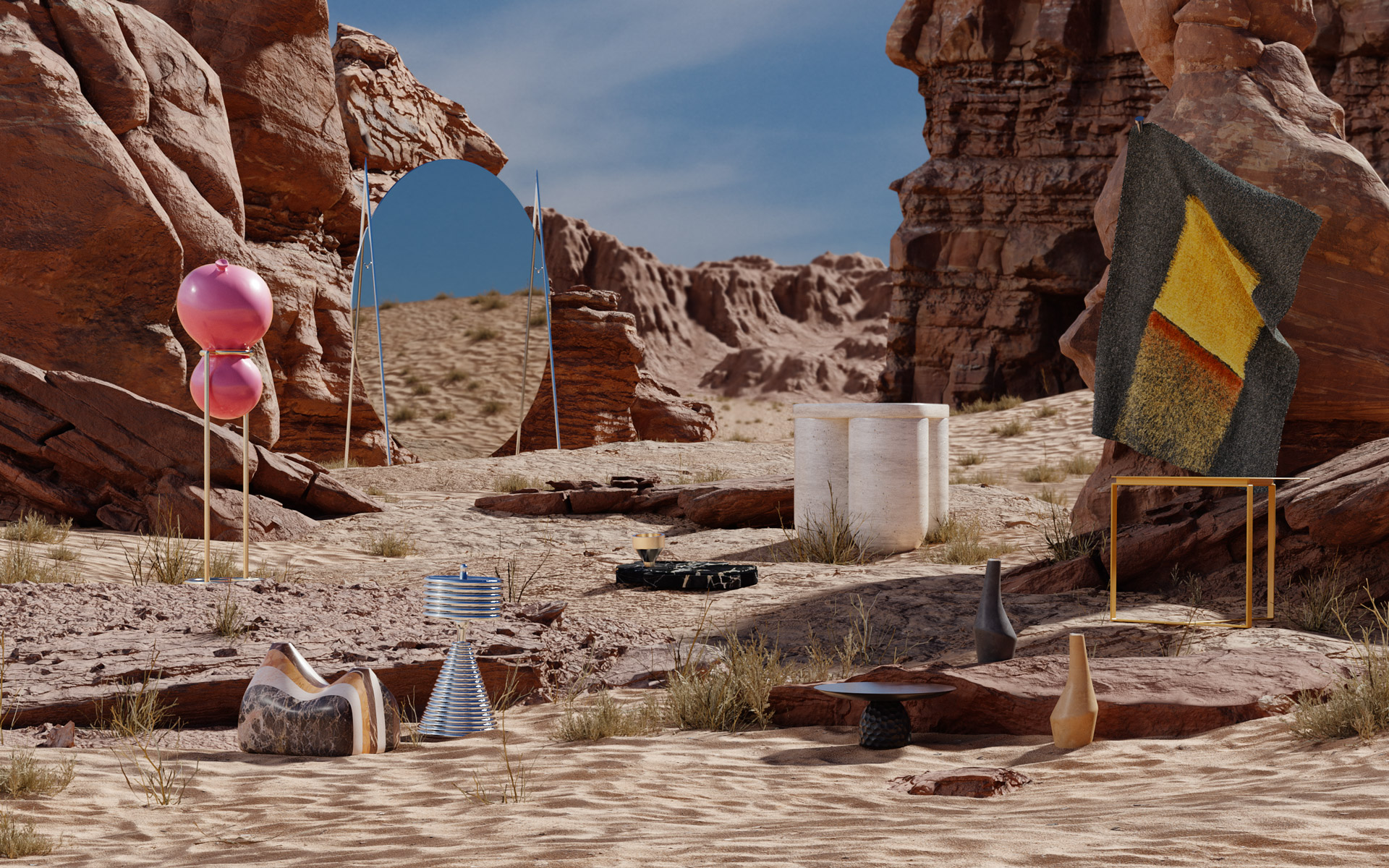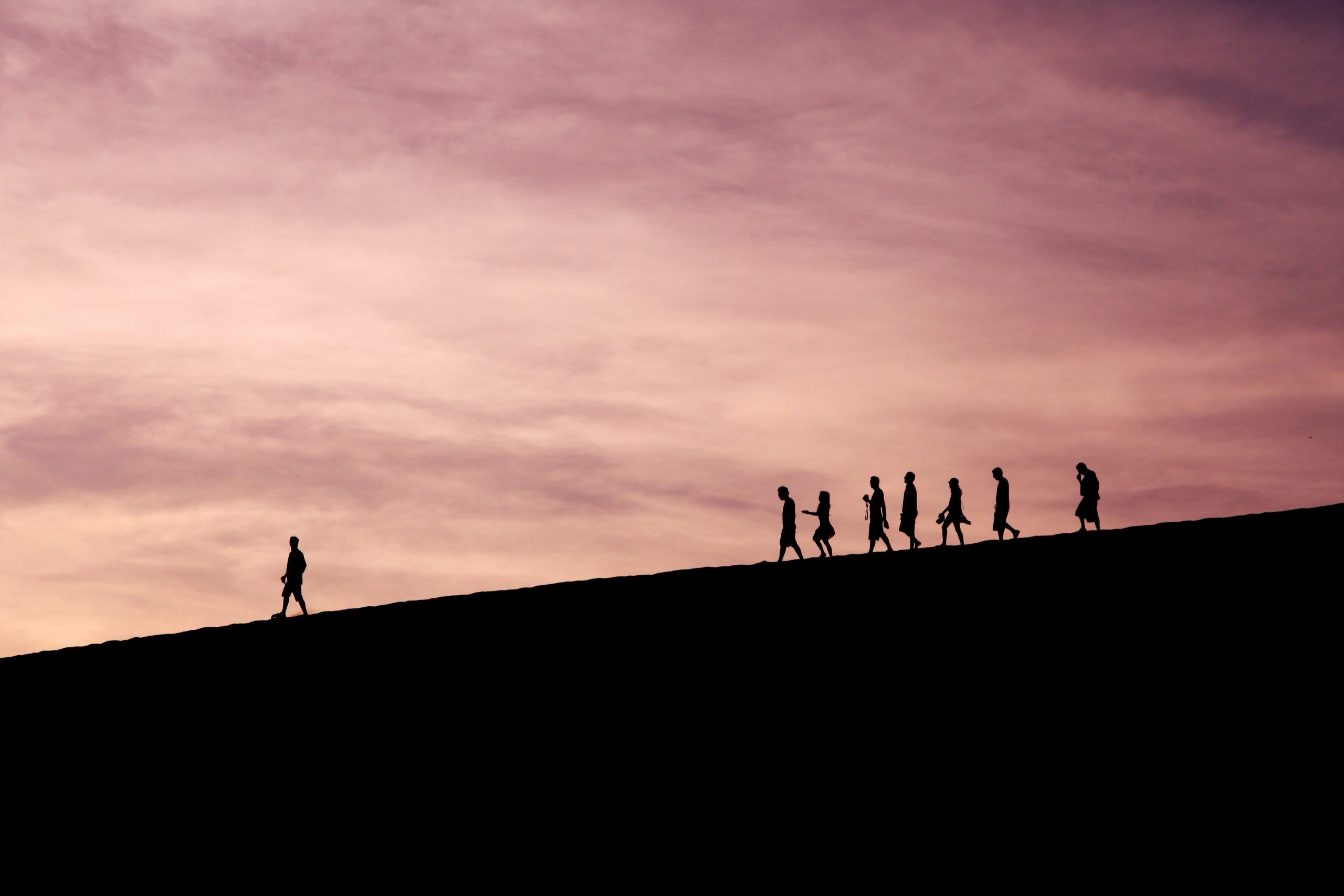WXO CEO James Wallman on the beauty of cross-pollination and collaboration, finding your tribe, and the amazing things that happen when experience experts come together.
Since the dawn of time, in order to survive and thrive, humans have come together in groups. Sure, if you went off on your own, you could pick some berries off a tree in the forest. You might catch something small – a mouse or rabbit perhaps. You’d get by. But you wouldn’t have a hope of catching something large. You’d never eat deer or bison for dinner. You’d never land the big fish.
If you wanted enough to feed your family, you were more likely to succeed in a group. As a member of a group, you could learn how to make a better spear. You might see how to build a better trap. You could catch a mammoth. And you’d be more likely to stop anyone taking your lunch. Even then, some may have stuck to their valley, to their side of the river.
The bold ones, the smart ones, went to the next valley. They crossed the river to see what was on the other side and meet other tribes. They crossed to look for food, to learn new ways and share their techniques for better hunting and gathering.

Maybe some worried about sharing ideas, fearful that the other tribesmen would eat their lunch. But, as we all know, there’s plenty of food in the forest and fish in the sea. And it’s not knowing how to do something that counts. On their return, the pioneers would incorporate the new ideas they’d heard, and become better at hunting and gathering. They’d improve their odds of survival and success.
You know this story already, of course. It’s the story of our ancestors, of the innovators who dared to cross the river. This same story has run for millennia.
You can see it in the evolution of hunting and the evolution of farming. You can see it in the creation of guilds, trade organizations, and standards bodies from the Middle Ages to today: from the metalworking guilds in medieval Hamburg and Barcelona, to France’s produce authentication system – appellation d’origine contrôlée – to global industry organizations of today like the World Economic Forum and B Corp.
You can see it in the sharing of science and strategy between sports like cycling, tennis, and football. You can see it in the birth of the WXO.
The breakthroughs of cross-pollination are frequently of unusually high value.
Harvard Business Review

Today the experience sectors are fragmented and siloed. Too few experience designers in different sectors talk with each other, learn from each other, or realize how transferable their skills and concepts are.
And yet… be they customers, consumers or clients, players, patients or passengers, it doesn’t matter what you call them, or which experience sector you work in – entertainment, education, travel, hospitality, UX, CX, EX, AR, VR, theme parks, experiential marketing – the people we’re designing for are… people.
So the same, or at least similar, questions and design principles hold for experiences in all sectors.
- How to capture and hold their attention?
- How to create a lasting memory?
- How to surprise and delight them?
- How to change their attitudes, beliefs, values and behaviour?
- How to calm them down, quieten the voice in their busy minds, or light a fire in their hearts?
At the WXO, we believe that all experience designers can learn insights, tools and techniques from other experience sectors that they can employ in their sector to create better experiences, and in doing so, create stronger memories, make more money, and improve people’s lives.
Apply to become a member of the World Experience Organization here – to come to Campfires, become a better experience designer, and be listed in the WXO Black Book.






